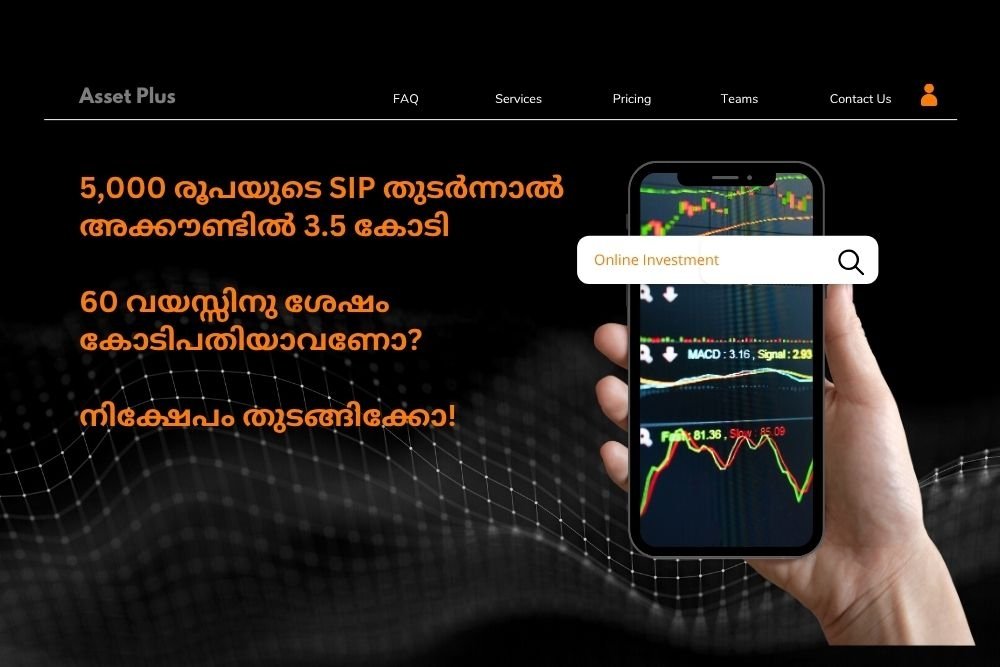What Is A Debt Mutual Fund?

A
debt mutual fund invests largely in fixed-income securities, including
government bonds, corporate bonds, treasury bills, commercial papers, and other
debt securities. By investing in relatively risk-free fixed-income securities,
the objective of debt mutual funds is to provide consistent income to clients
while also enhancing their value over time.
These
funds are managed by experienced fund managers who have the objective of
achieving the highest possible returns for their clients via the management of
diverse portfolios of debt securities investments. Conservative individuals who
are searching for low-risk investment choices that generate a consistent income
may find it beneficial to invest in debt mutual funds.
Benefits Of
Debt Mutual Funds
Debt mutual funds offer
high liquidity, allowing investors to easily access their money. They are a
tax-efficient alternative to fixed deposits and exhibit lower volatility due to
their low-risk fixed-income instruments. These funds are considered safer
investment options, making them suitable for investors with low-risk tolerance
seeking consistent income and stability.
- High Liquidity : Due to the high liquidity of debt mutual funds, investors are able to purchase or sell their holdings in the fund at any moment with no difficulty. Because of this, investing in debt mutual funds is an excellent choice for individuals who want easy access to the money they have invested.
- Tax Efficiency : As compared to other investment alternatives like fixed deposits, debt mutual funds are a tax-efficient alternative to investing in fixed deposits. Only when an investor redeems their fund units or sells them does the tax that is owed on debt mutual funds come into play. The length of time that fund units are held might affect the tax rate that is applied.
- Low Volatility: As compared to other kinds of mutual funds, debt mutual funds are thought to be the ones with the lowest level of volatility. Since the underlying assets in the portfolio are often low-risk fixed-income instruments, the fund is less vulnerable to market swings.
- Safer Investment Option: Mutual funds that invest in debt often purchase highly rated debt instruments, regarded as among the most reliable investment alternatives. Because of this, investing in debt mutual funds is considered one of the most secure options available compared to investing in other kinds of mutual funds.
Types Of
Debt Mutual Funds
- Dynamic Bond Funds: Dynamic bond funds invest in fixed-income assets that have variable maturities. While managing a dynamic bond fund, the fund manager has the ability to shift their holdings across several categories of fixed-income securities in response to changes in the market. These funds are appropriate for investors who are comfortable taking a modest amount of risk in exchange for the possibility of greater returns.
- Corporate Bond Funds: Corporate bond funds invest largely in debt instruments that are issued by corporations. Investors who are ready to assume a modest risk in exchange for the possibility of better returns than those offered by government bonds might consider investing in these funds.
- Money Market Fund: Money market funds invest in highly liquid money market securities with maturities of up to one year. These money market products include treasury bills, commercial papers, and certificates of deposit. Investors seeking low-risk investment choices that provide a high level of liquidity may find these funds to be acceptable for their needs.
- Liquid Funds: Liquid funds invest in highly liquid debt instruments such as treasury bills, certificates of deposit, and commercial papers having a maturity of up to 91 days or less. Investors that are seeking investment opportunities with low risk, high liquidity, and low volatility may find these funds to be a good fit for their portfolios.
- Credit Option Funds: Credit option funds invest mainly in debt instruments with lower credit ratings, such as bonds with ratings of AA and below. Investors who are ready to take on greater levels of risk in exchange for the possibility of larger returns may consider these funds.
- Short-Term and Ultra Short-Term Funds: Short-term and extreme short-term funds invest in fixed-income assets with a maturity of up to three years. Investors who are interested in low-risk investing solutions that provide a return that is somewhat greater than that of liquid funds might consider these products.
- Gilt Funds: Gilt funds invest in various types of government securities during the course of its holding period. Those who are seeking low-risk investing choices and are ready to invest for a longer period of time would do well to consider these funds as an option.
- Fixed Maturity Plans: Fixed maturity plans to invest in fixed-income assets with a predetermined maturity period. Investors who are searching for low-risk investment choices that provide a set return and a defined maturity date will find these funds to be a good fit for their portfolios.
How To Invest In Debt Mutual Funds?
- Once you have opened up your Demat account.
- From there on insert your credentials to access your Demat account.
- Next open any website like mutual fund and select the scheme you want to choose.
- Now you can invest your funds in the debt mutual fund of your choice and start your investment journey.



.jpg)

.jpg)
.jpg )

 (1000 x 667 px).jpg )
.jpg )

 (1600 x 1600 px).jpg)

 (1600 x 1600 px).jpg)
 (1600 x 1600 px).jpg)
 (1600 x 1600 px).jpg)

Comment Form